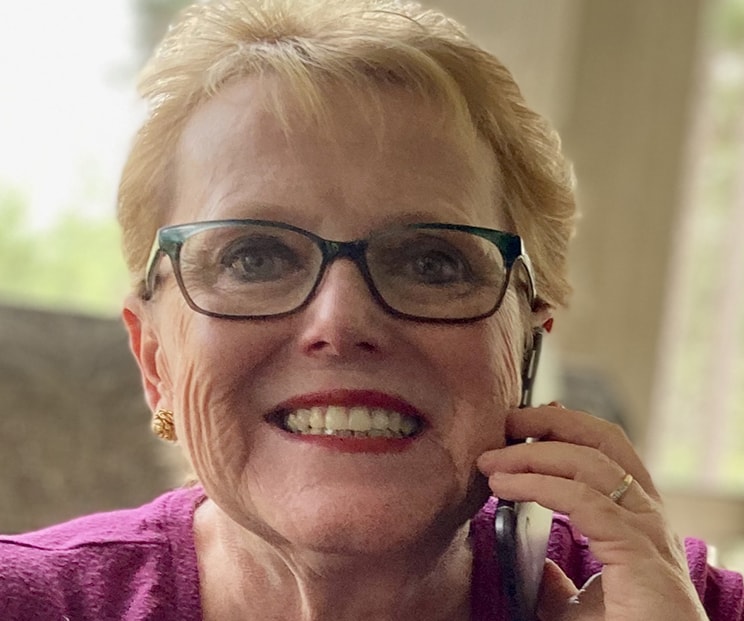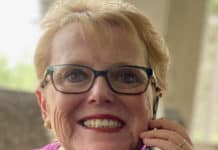
Since 1990, Meetingjobs has been the premier meetings and events industry job board and placement service. Founder Dawn Penfold spoke to Prevue about her recent merger with Cadre and the future of jobs…in meetings.
Meetingjobs has provided thousands of full-time placements worldwide in its lengthy history. Its merger with Cadre, a virtual marketplace for event industry freelancers and project “gig” workers, opens up new opportunities for clients.
Prevue spoke with Meetingjobs Founder Dawn Penfold about the news.
Prevue: How does this open up new channels for meeting planners to find jobs that are different from what you offer now?
Dawn Penfold: Meetingjobs and Cadre can do more for the industry as a combined entity then as separate companies by combining full time placement and job board services for “gig economy” freelancers, project-based contract planners and on-site event staff. Our skill sets for event staff now includes virtual roles, meeting producers, audiovisual talent and event technology services. Our goal is to give all the meeting and event professionals currently sitting on the sidelines an easy way to reengage with emerging industry opportunities, and to give organizations a way to (re)hire talent in whatever manner (contract or full-time) that best supports their recovery efforts.
Prevue: What trends are you seeing among formerly corporate or association meeting planners looking for work in the pandemic? Starting their own firms? Changing roles altogether?
Dawn Penfold: At first, everyone was in shock. Their role was to cancel with as little impact, legally and financially, to their organization as possible. Then the slow rebuilding or reinvention started to take place. With that was an explosion in meeting professionals having to learn quickly. I personally saw a metamorphosis of the meeting planner/manager role into more of a meeting producer. I feel this will be the trend—a producer’s role—bringing in the talent to create a multifaceted meeting.
There could be a few scenarios. One would be the “gig” specialist with a specialty in a certain area like virtual meetings, sponsorship development, educational platforms, registration management, logistics, unique incentives, etc. The other role will be the meeting producer, who will gather all the specialists to make the meeting happen. The successful person will be one who is proactive and solutions-oriented and open to constant change.
We are reinventing our industry, and how exciting is that!
Prevue: What skills should meeting planners be promoting if they are looking to move into a different profession and how should they do that?
Dawn Penfold: I have seen many people successfully transfer their skills into other areas. Skillsets that are transferable are negotiation, communication, project management, financial management, sales, certain technology skills, people skills. A candidate needs to look at the position being offered in a different industry and directly show how their skills relate to the skills required. They also have to convince the hiring official that they can pick up the new industry quickly. Adaptability is second nature to everyone in our industry!
Prevue: Are they at a disadvantage because there’s a lack of understanding of the role by HR generalists?
Dawn Penfold: Perhaps. On the other hand, the first attempt at applying for any job is most likely through an automated system called an ATS. In this situation, it is necessary to match skillsets and key words of the ad to your resume and cover note. Then, you may get to an HR generalist. Understand though that the role of the HR person was also severely compromised during the pandemic and most likely, you may go directly to the hiring official if you get through the ATS. This is where it is important to use your networking abilities to get your foot in the door and market your abilities.
You Might Also Be Interested In
Job-Hunting Tips for Meeting Planners










